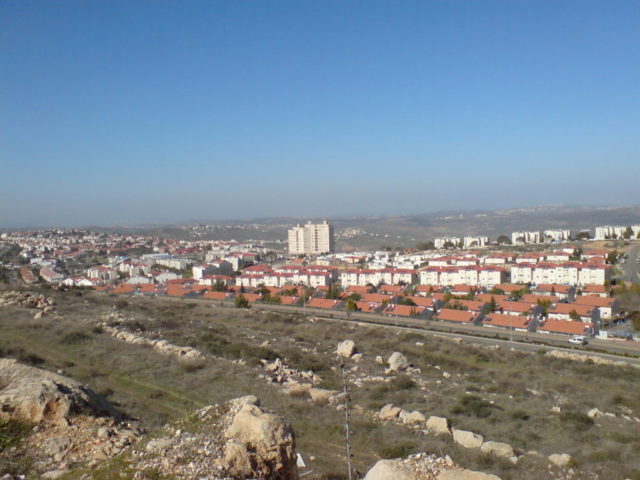Many critics of President Obama’s abstention from the recent UN Security Council vote, and Secretary of State John Kerry’s justification for this betrayal, underplayed or missed the historical and religious context.
The US’ irrational insistence that a Jewish presence in east Jerusalem and parts of the West Bank are “flagrant violations of international law” is effectively a new blood libel.
For the historically challenged, the blood libel was the allegation that Jews murder non-Jews in order to use their blood for religious rituals. It began in pre-Christian Greek culture, grew as Christianity spread in medieval Europe, was invoked in Czarist Russia and Nazi Germany, and has been exhumed by Palestinian terrorists and Islamic clerics. For more than 2,000 years, this blood libel has led to the massacres of countless Jews.
Is it hyperbole to compare a UN resolution and a harangue by a departing secretary of state to the blood libel?
The early Zionist writer Ahad Ha’am famously observed of the blood libel: “It is based on an absolute lie, and is not even supported by any false inference from particular to universal.”
The same applies to the incessant charge that Israel illegally occupies Palestinian land, and then “settles” its residents on this land. Israel’s legal case regarding the territories has been made often. Essentially, there was never an Arab land called Palestine; Jews and Judaism have had direct connections to the territory for 3,000 years; the League of Nations Palestine Mandate (1922, Article 6) and UN Charter (1945, Chapter 12, Article 80) encourage “close Jewish settlement on the land.”
More recently, UN Security Council Resolutions 242 (1967) and 338 (1973) did not require full Israeli withdrawal from the West Bank, but rather anticipated “secure and recognized boundaries.” The 1995 Israeli-Palestinian Interim Accords left settlements for direct talks between the parties.
Yes this new, modern blood libel is endlessly repeated. Never mind that Palestinian leaders rejected “two-state solutions” in 2000, 2001 and 2008, or that the Arabs went to war from the 1930s to the 1970s to prevent or destroy the Jewish State. Like medieval plagues, the absence of Middle East peace must be the Jews’ fault.
What comes next? 2017 marks the centenary of Great Britain’s Balfour Declaration, which looked with favor on and committed His Majesty’s government to the re-establishment of the Jewish national home. Based on this commitment, the League of Nations granted London a portion of the pre-World War I Ottoman Empire as the Palestine Mandate.
Palestinian Authority leader Mahmoud Abbas, a “moderate” in the madhouse scheme of things, plans a campaign this year at the United Nations to overturn the Balfour Declaration. That is, to criminals the existence of Israel itself.
The Security Council now has a foot on board, having certified Jewish communities in Judea and Samaria (Jordan’s “West Bank”) and eastern Jerusalem (which was “ethnically cleansed” of Jews in 1948) as “flagrant violations” of international law. And in October, the United Nations Educational, Social and Cultural Organization (UNESCO) erased three millennia of Jewish history by declaring the Jews’ Temple Mount to be a Muslim-only shrine.
But as with the blood libel, the whole world is wrong and Israel is correct. Winston Churchill acknowledged that “the Jews are in Palestine as of a right; not on sufferance.” One year after Israel’s stunning triumph in 1967, Eric Hoffer wrote: “Other nations when victorious on the battlefield dictate peace terms. But when Israel is victorious, it must sue for peace. Everyone expects the Jews to be the only real Christians in this world. … The Jews are alone in this world. If Israel survives it will be solely because of Jewish efforts. And Jewish resources.”
The same is true of the new blood libel. As usual, we’re on our own.



